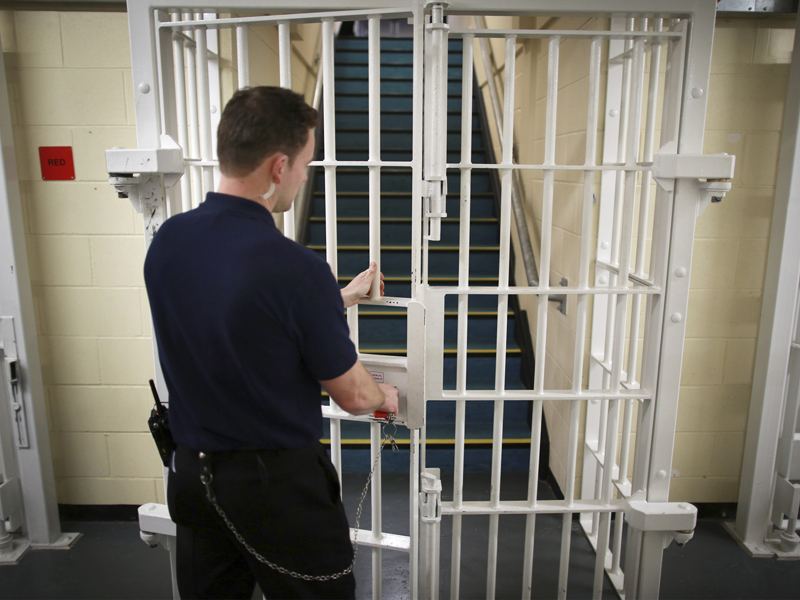London-Britain’s Ministry of Justice has ordered the removal from prisons of books written by Muslim Brotherhood figures under the excuse that the writings are promoting extremism.
Informed sources said that the banned titles are The Way of Jihad by Hassan Al-Banna; Milestones by Sayyid Qutb; The Lawful and Prohibited in Islam by Sheikh Yusuf al-Qaradawi; Towards Understanding Islam by Syed Abul Ala Maududi; and Fundamentals of Tauheed by Bilal Philips.
The National Offender Management Service, which runs jails on behalf of the Ministry of Justice, said the books are playing a role in spreading extremism in the Arab world.
The books were found in prison libraries seven months after the government was told they should be removed.
The order to remove the books was made on June 20.
A spokesperson for the National Offender Management Service refused to comment on the presence of such books in prisons.
“We take the threat of radicalization and extremism extremely seriously and will not tolerate extremist literature in our prisons,” a Ministry of Justice spokeswoman said in a statement, a copy of which was obtained by Asharq Al-Awast newspaper.
“That is why we carried out a thorough and objective assessment of these texts and then removed them from all establishments,” she said.
“The new Justice Secretary will now work closely with the Home Office and other agencies” to tackle the issue of extremism in prisons, the spokeswoman added.
According to the BBC, Ian Acheson’s inspection team first alerted the Ministry of Justice to the presence of the books in November 2015.
Acheson then submitted his report in March 2016 but publication of his findings has been successively delayed.
The BBC has learnt that the order to remove the books was only made on or after 20 June.
In evidence to the Commons Justice Committee on July 13, Acheson said his investigation had found “numerous examples” of books that were “extremist in nature in prison chaplaincies.”
He said they contained “sometimes sectarian, homophobic and incendiary information that was freely available to vulnerable prisoners in many prisons with no obvious control over it.”
Acheson said he was surprised that the Ministry had taken so long to remove these books from prison libraries.
“I made it clear to the Ministry of Justice last November that… my assumption was that urgent action will be taken to remove these materials,” he said.
“Their free access to vulnerable and suggestible prisoners is an obvious security risk.”
One or more of the texts had been found in chaplaincy rooms at nine of the 11 prisons visited by the review team, said the BBC.
